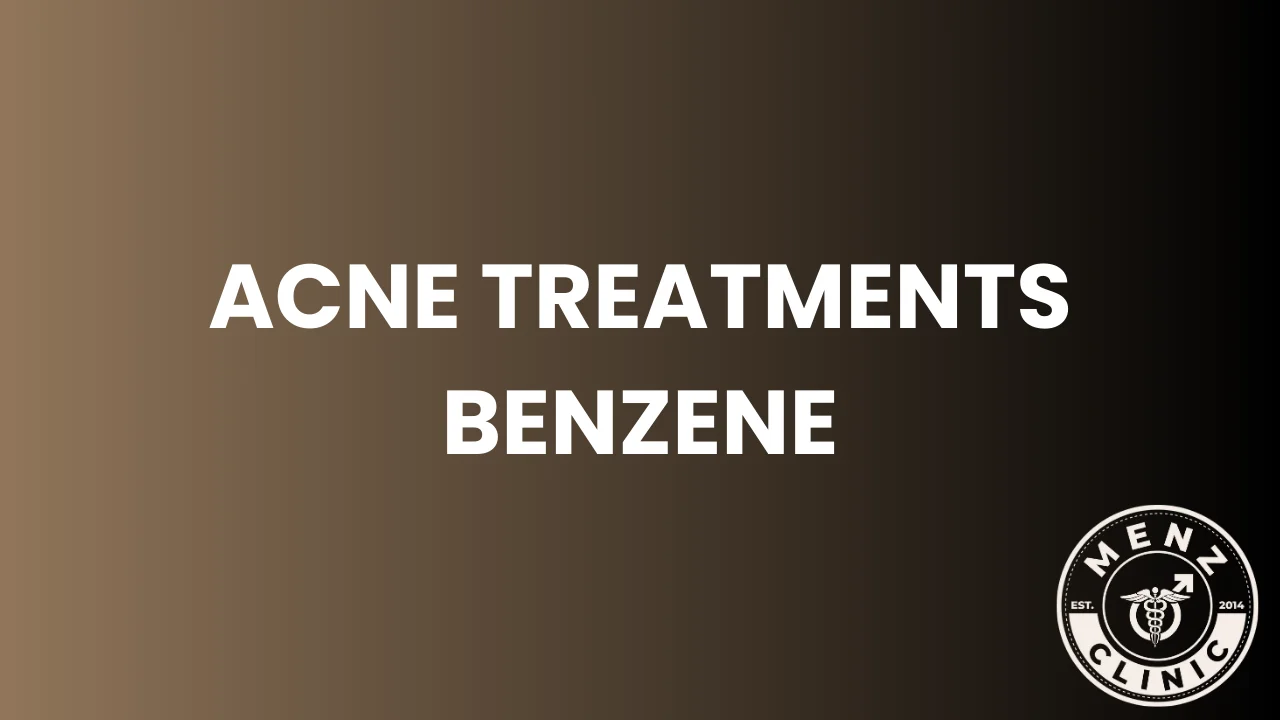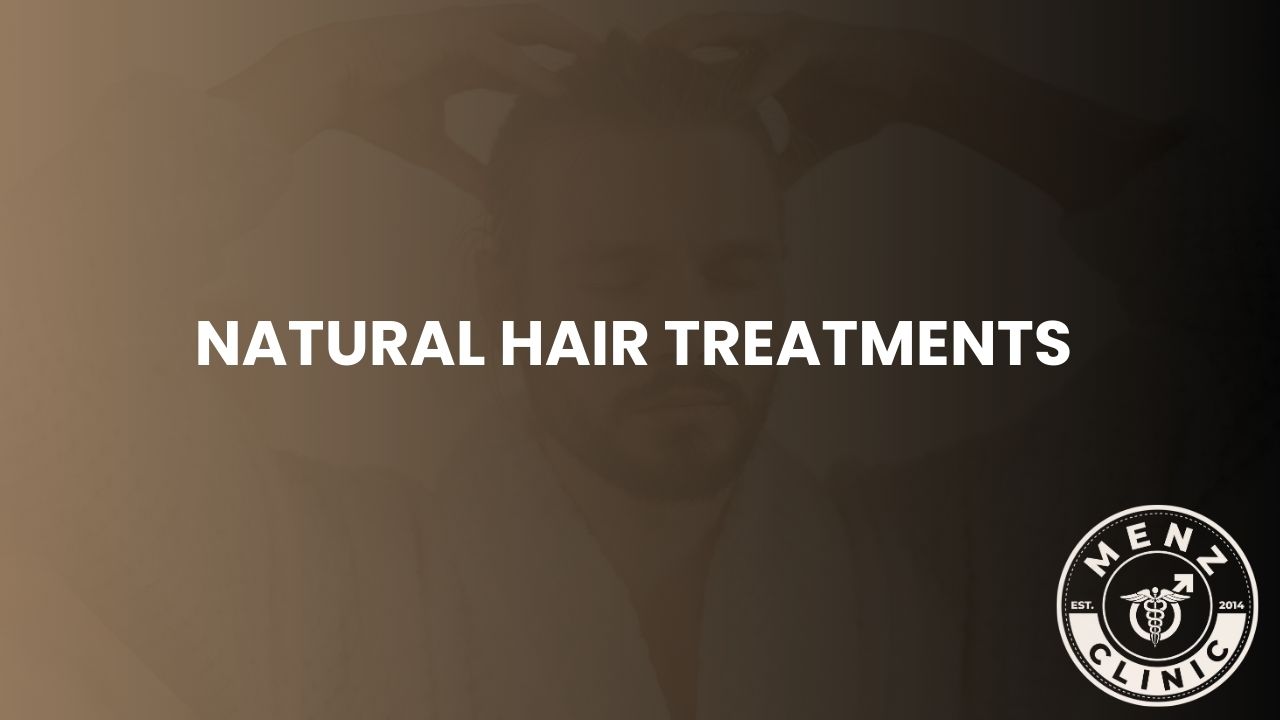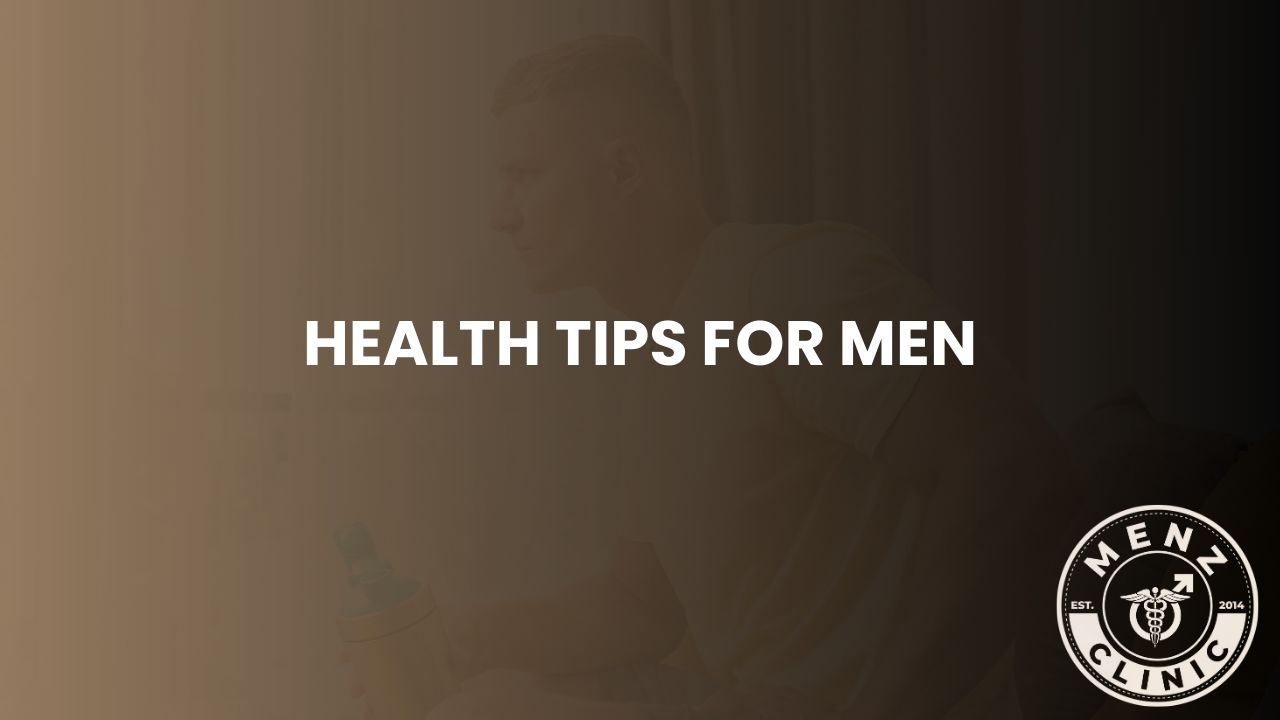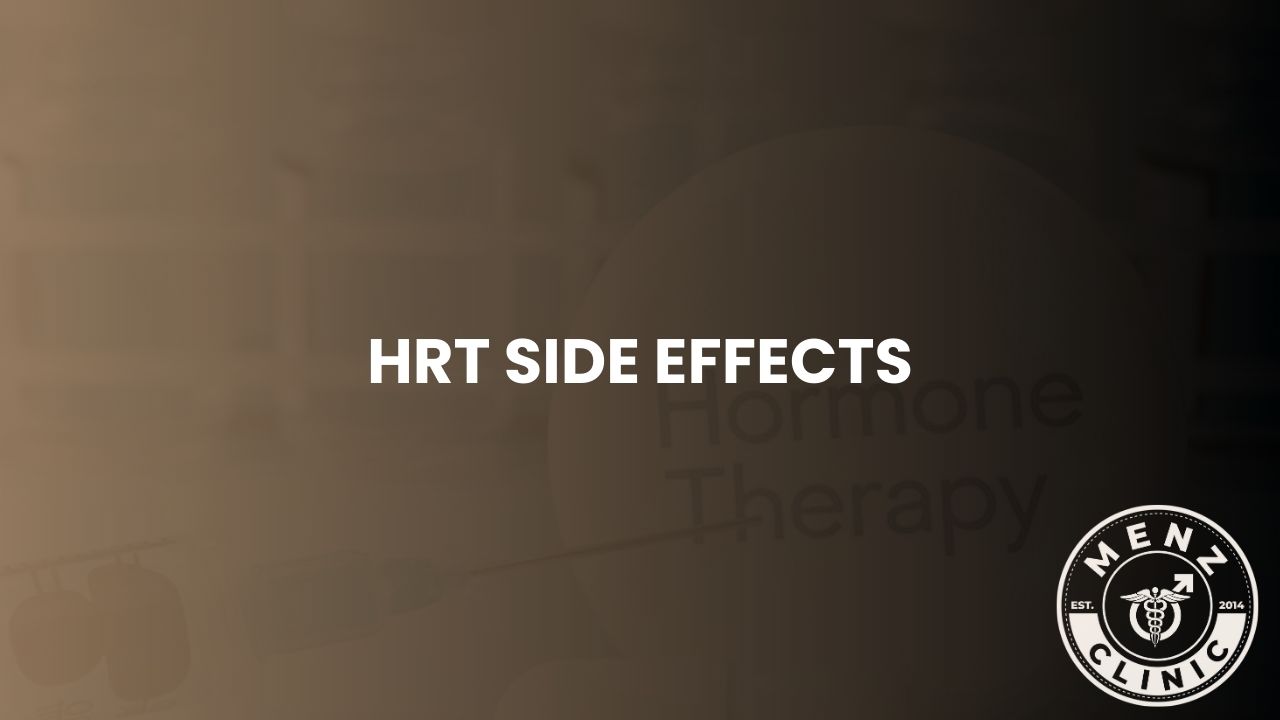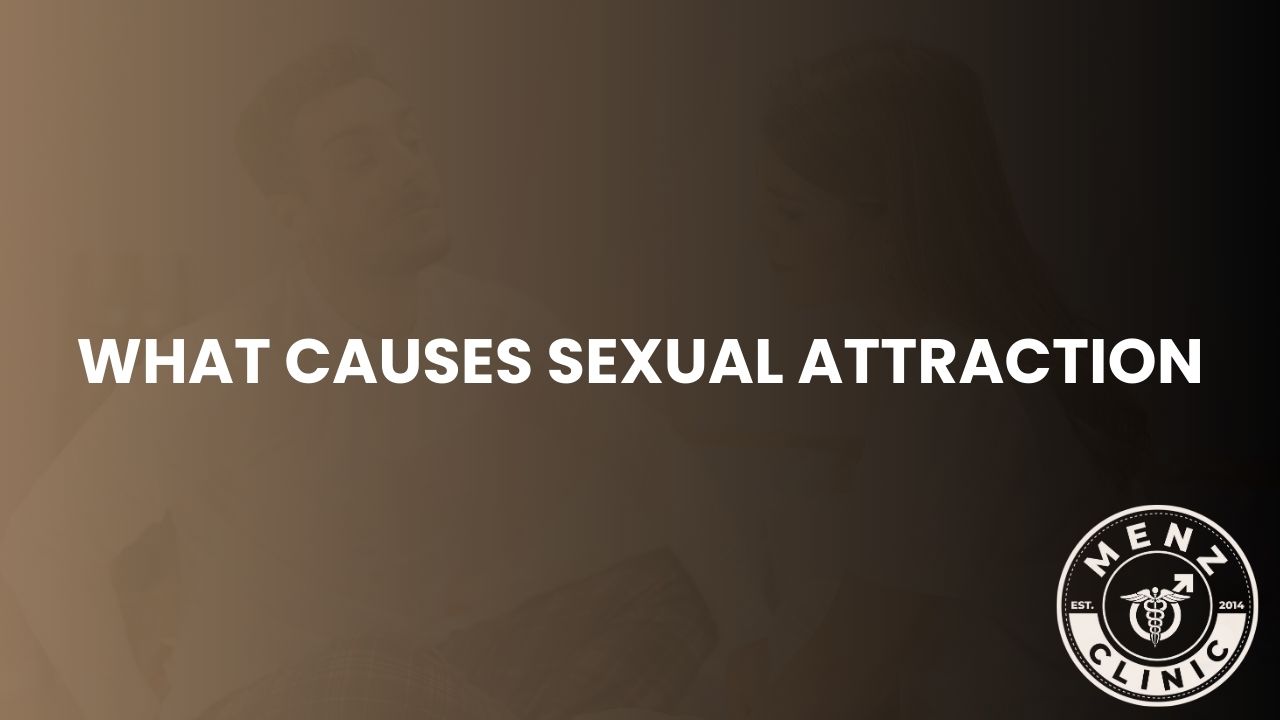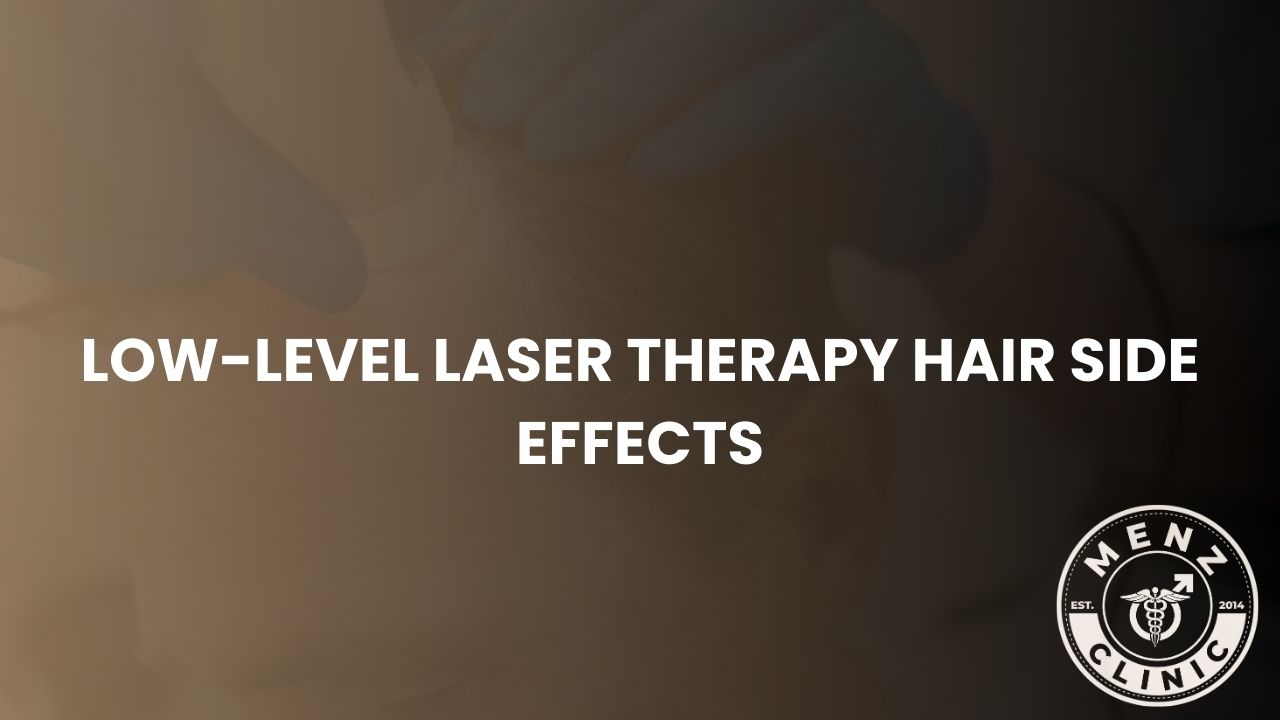Acne treatments Benzene is a common skin condition that affects millions of people around the world, from teenagers going through puberty to adults getting persistent breakouts. With so many treatments out there, from topical creams to oral meds, you need to choose options that work for acne and are safe. There’s been a lot of talk about benzene in acne treatments lately, the bad guy. Benzene is a carcinogen when you’re exposed to high levels. So now everyone is looking at the ingredients in skincare products, even trace amounts of benzene in acne treatments can be bad for you over time. As consumers become more aware of these risks, demand for benzene free products is going up.
Acne Treatments and Benzene
Benzene acne treatments are designed to reduce acne by targeting the root causes, excess oil, clogged pores and bacteria. Topical creams, gels and oral medications are the common treatments. While they work, recent research has found risks with benzene, a chemical that has health concerns. Benzene is a colorless liquid with a sweet smell, used in industrial processes and as a solvent in many chemical applications. It’s a carcinogen, meaning it can cause cancer, especially with long term exposure. Since it’s so bad, you should know it’s in consumer products, including acne treatments.
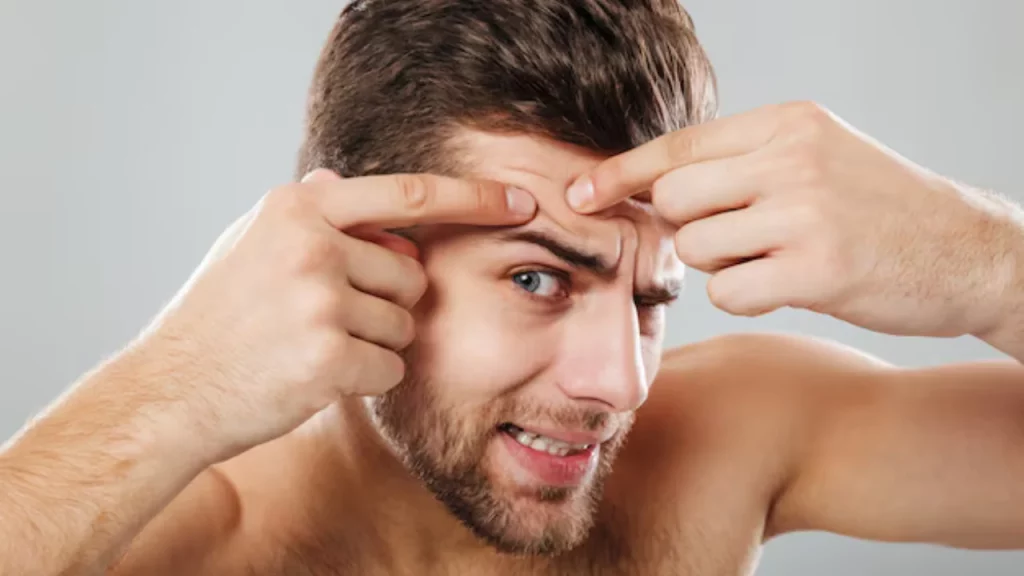
Understanding Benzene
To understand the risks of benzene you need to know what it is and how it can harm you. Benzene is found in industrial settings and is a byproduct of many chemical processes. It’s a known carcinogen and linked to several types of cancer including leukemia. Because of these risks the EPA and OSHA have strict limits on benzene in the workplace. In consumer products Acne treatments benzene is not added intentionally; it’s a contaminant that gets in during production. For example benzene can be a byproduct of the raw material or the formulation process. So while it’s often unintentional in acne treatments it can still be a risk if not managed properly.
The Link Between Benzene and Acne Treatments
Recent studies and recalls have shown benzene in some acne treatments and other skincare products. The concern is that benzene gets into products through certain chemical solvents or during the manufacturing process. For example some acne treatments have been recalled because benzene levels were above the limit. So regulatory bodies are warning consumers to be careful and check product labels and manufacturers to improve their quality control to prevent contamination.
Benzene is not an intentional ingredient in acne treatments but its presence is worrying for consumers. Regulatory bodies like the U.S. Food and Drug Administration (FDA) monitor cosmetic products for safety including for contaminants like benzene. To address this issue the FDA is investigating the source of contamination and working with manufacturers to ensure standards are met. They are also providing updated guidelines and recommendations for consumers and manufacturers to navigate this.
Choosing The Safe Acne Treatments
When choosing Acne treatments Benzene make sure they are benzene free for your skin and overall health. Benzene contamination although not an intentional ingredient can occur during the manufacturing process. To minimize exposure and choose safer products follow these guidelines:
- Read the Labels: Always read the ingredient list on the packaging. Benzene might not be listed but look for statements that say the product is free from contaminants or impurities. Ingredients are listed in order of concentration so a close read can help you identify potential issues or red flags.
- Choose Well-Known Brands: Go for products from well known and established brands that are known for their safety and quality. These brands follow strict manufacturing standards and test their products thoroughly to make sure they are free from harmful contaminants like benzene.
- Look for Certified Products: Look for Acne treatments Benzene products that are certified by third party organizations or have seals of approval from reputable safety and quality certification bodies. Certifications from these organizations gives you an extra layer of assurance of the product’s safety and effectiveness.
- Check for Recalls: Stay updated on recent product recalls or safety notices for acne treatments. Regulatory bodies and consumer safety organizations post updates on products that have contaminants or fail to meet safety standards.
- Talk to Professionals: If you have concerns about Acne treatments Benzene product safety or ingredients talk to a dermatologist or healthcare professional. They can give you personalized advice and recommend products that are good for your skin type.
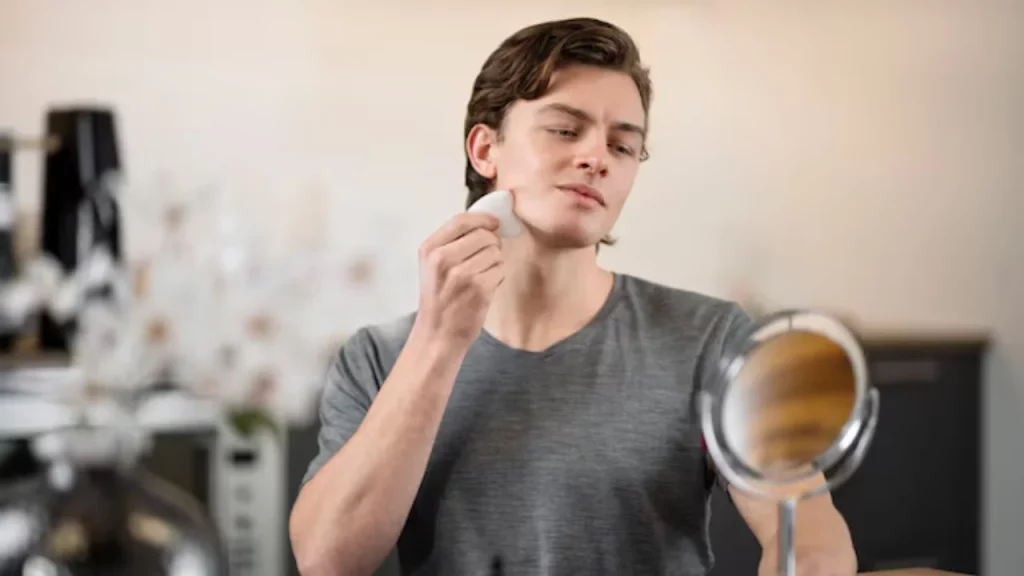
Alternative to Benzene Containing Treatments
There are many safe and good alternatives to benzene containing acne treatments. Here are some.
- Natural Ingredients: Acne treatments benzene, with natural ingredients that have acne fighting properties like salicylic acid, benzoyl peroxide and alpha hydroxy acids. These ingredients work well for acne and are generally safe when used as directed.
- Organic Skincare: Look for organic and natural skincare products that are clean and free of harsh chemicals. Ingredients like tea tree oil, green tea extract and aloe vera have anti inflammatory and antibacterial properties.
- Prescription Treatments: For more severe acne, prescription treatments from dermatologists are available. These treatments have higher concentrations of active ingredients and are regulated by the government.
- Lifestyle and Skincare: Adding Acne treatments Benzene to a skincare routine that includes gentle cleansing, moisturizing and sun protection can help overall skin health. Avoid harsh products and live healthy and you’ll have clearer skin.
Conclusion
While Acne treatments benzene are knowing the risks and making informed decisions can help minimize those risks. By choosing products from trusted brands, reading labels and considering benzene free alternatives to treatments can help you manage acne while reducing exposure to harmful substances. Being informed about product safety and choosing skincare with proven safety standards will get you clear healthy skin without compromising your well being. If you have questions about specific products or ingredients talk to a dermatologist for knowledge about Acne treatments benzene. Taking personalized advice about treatment, talking to dermatologists and choosing tested treatments will get your skincare routine both effective and safe. With the right approach you can get clear healthy skin without compromising your health.
